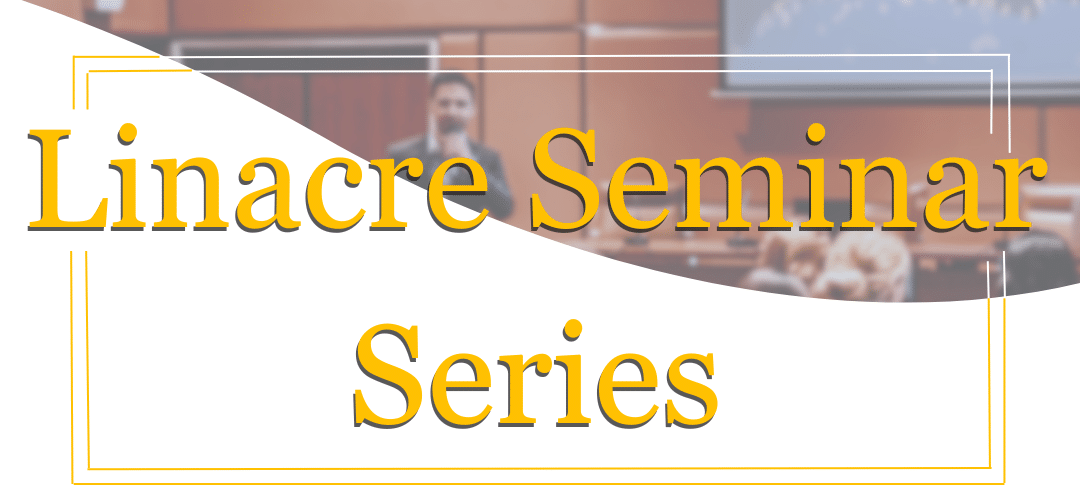The speakers in the third seminar of the Trinity Term will include:
Chair: Leonardo Bonetti
Speakers:
Hansa Shree – Towards Protein Gates for Cardiac & Neuronally-Relevant Biodevices
Haichen Hu – Defining the Role of Macrophage in Inflammageing: Insights from Human Phenotypic and Functional Studies
Hansa Shree is a 5th-year DPhil Chemical Biology candidate in the Hagan Bayley/Yujia Qing groups, with a strong background in both academic research and entrepreneurship. Her well-cited research in PNAS and Science Advances, focusing on synthetic biology and cancer cell biology, originated from her undergraduate work. In addition to her academic achievements, Shree led a non-CTIMP clinical feasibility study and launched a commercially viable startup in a developing country while completing her DPhil studies, leading to several entrepreneurial awards.
Have you ever heard of diodes or transistors? These are the things that allow chips to power phones, tvs, tablets, and virtually any digital device. But the chips of the future will not be made just from silicon, and won’t just be powering devices outside our bodies. My research mutates a protein to be voltage-responsive so that, in the future, it may be used in biodevices that could help manage cardiac & neuronal diseases.
Haichen Hu completed her pre-clinical training as a medical student in China before coming to the University of Oxford to pursue a DPhil in Molecular and Cellular Medicine. Her research focuses on the role of macrophages, a specific type of immune cell, in human aging and exploring potential ways to reverse age-related immune decline.
Our study seeks to elucidate age-related modifications in human macrophage phenotype, function, and their contributions to inflammageing. Contrary to prevailing beliefs, our primary results do not show significant age-related shifts towards a more pro-inflammatory macrophage phenotype. However, we observed a trend towards decreased functional capacity in phagocytosis and efferocytosis with age, suggesting that the role of macrophages in inflammageing is likely more nuanced and complex than solely maintaining a pro-inflammatory state.





















